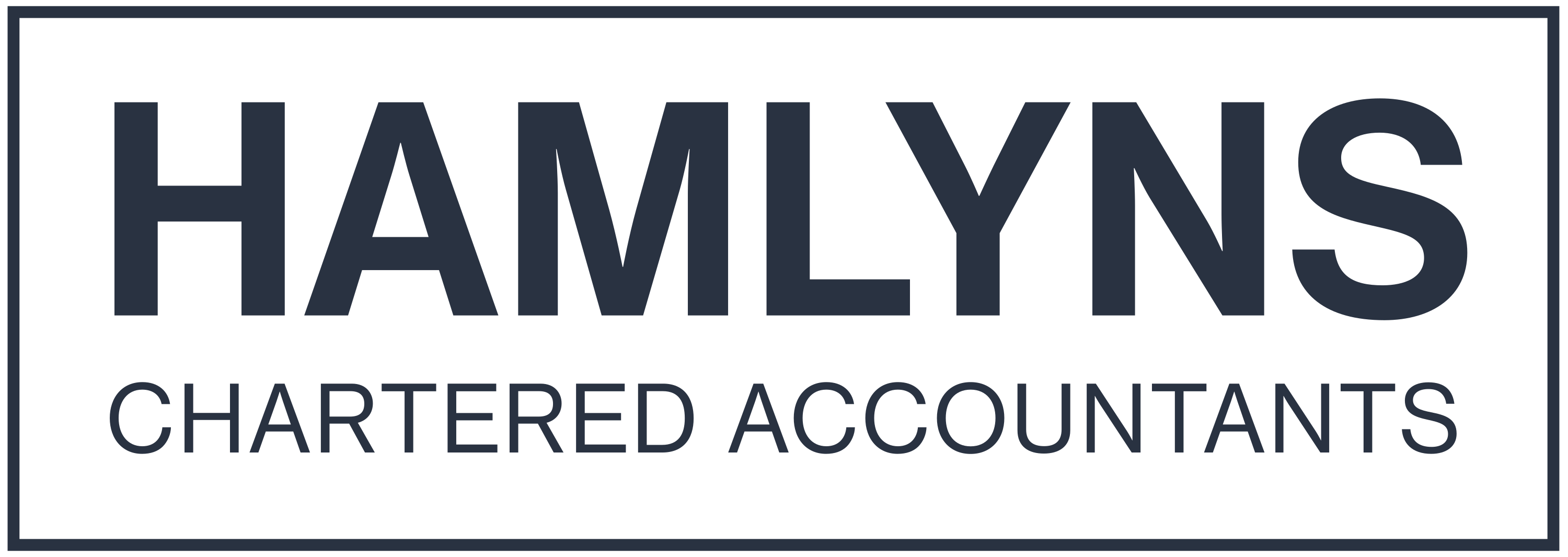Director Remuneration Payments: Dividends or Salary?

Director Remuneration Payments: Dividends or Salary?
As a director and shareholder of a limited company in the UK, deciding how to pay yourself – whether as a salary or dividends – is an important decision with implications for your tax efficiency and company cash flow.
With professional guidance on optimising director remuneration from ourselves, you can adopt strategies to minimise your tax liabilities and give yourself some leeway.
This article examines key factors to weigh up when considering dividends versus salary for limited company directors.
Tax Rates: Salary vs. Dividends
The first consideration is the different tax rates applied to both company directors’ salaries and dividends:
- A company director’s salary is subject to income tax at a director’s marginal rate of 20%, 40% or 45%, plus Class 1 National Insurance contributions at 13.25% (over £50,270 salary).
- Dividends are taxed at lower dividend tax rates of 8.75%, 33.75% or 39.35% depending on income level. No National Insurance is payable on dividends.
For basic rate taxpayers, dividends can provide a tax-efficient income stream compared to salary. But for higher-rate taxpayers, the differences are much less noticeable.
Therefore, it’s difficult to suggest whether you will see better financial returns if you pay yourself a salary or whether that’s achieved through dividend payments, as all circumstances are unique and different.
Company Cash Flow
Opting for dividends rather than salary, however, can directly benefit company cash flow. Other than paying employer Class 1 NICs* (13.8% on salaries greater than £12,570 per year), dividends do not incur any payroll taxes. However, companies must have sufficient retained profits to pay dividends.
In turn, exclusively paying dividends to directors allows companies to retain more vital working capital, which can be handy for companies in industries where that’s a rarity.
Compared to paying a director’s salary, along with NICs and pension contributions (more on this below), dividends may simply allow the business to retain some much-needed cash.
* National Insurance of 15.05% was for the period 6 April 2022 to 5 November 2022 since 6 November 2022 and for 2023/24 it’s 13.8% based on a salary greater than £12,570 per year, secondary threshold)
Pension Contributions
Contributing to a pension can reduce your income tax liability. However, the way pension contributions are treated differs depending on your chosen method of monthly payment:
- Pension contributions made on salary qualify for tax relief and reduce your taxable salary.
- There is no tax relief for pension contributions made from your dividend income.
If you want to build up your pension pot, taking more income as a salary subject to pension contributions can be more tax-efficient in the long run.
Other Financial Planning
Beyond pensions, salary payments give slightly more scope to make tax-efficient adjustments to your remuneration package, such as:
- Making additional employee contributions to your company pension scheme through salary sacrifice
- Salary sacrifice arrangements for childcare vouchers, cycle-to-work schemes, etc.
In summary, these adjustments allow you to reduce your taxable salary and see a slightly better net income each month.
Company Profits
The company’s profit levels must meet a minimum level to justify dividend payments to directors. Paying dividends when profits are inadequate can risk legal issues and put the company in hot water financially.
With dividends paid from profit reserves, directors should be confident about the company’s financial strength and future profit forecasts. However, this should be considered carefully before opting for dividends over salary.
Personal Circumstances
Your personal financial situation will influence how much money you take home whether you opt for salary over dividends or vice versa. The common factors that will influence your remuneration include:
- Income type (i.e. whether you are a sole trader or company director)
- If you are a basic, higher or additional rate taxpayer
- If you are approaching the higher rate tax threshold
- Your current pension position
Ultimately, strategically adjusting dividend and salary payments at the right time to stay within certain tax bands can be an effective strategy.
Get Personalised Advice from a Trusted, Experienced Accountancy Firm
Deciding whether dividends or salary suit you best involves weighing up your company’s financial position and future plans, alongside your personal tax and pension position.
At Hamlyns, our tax experts and business strategists work closely with directors to advise remuneration strategies to legitimately minimise your tax exposure. We take all relevant factors into account to recommend the optimal mix of dividends and salary tailored to your situation.
To discuss your director remuneration strategy specific to your circumstances, contact our friendly team for expert accounting advice you can rely on.

Patrick Collins
Tax Director





